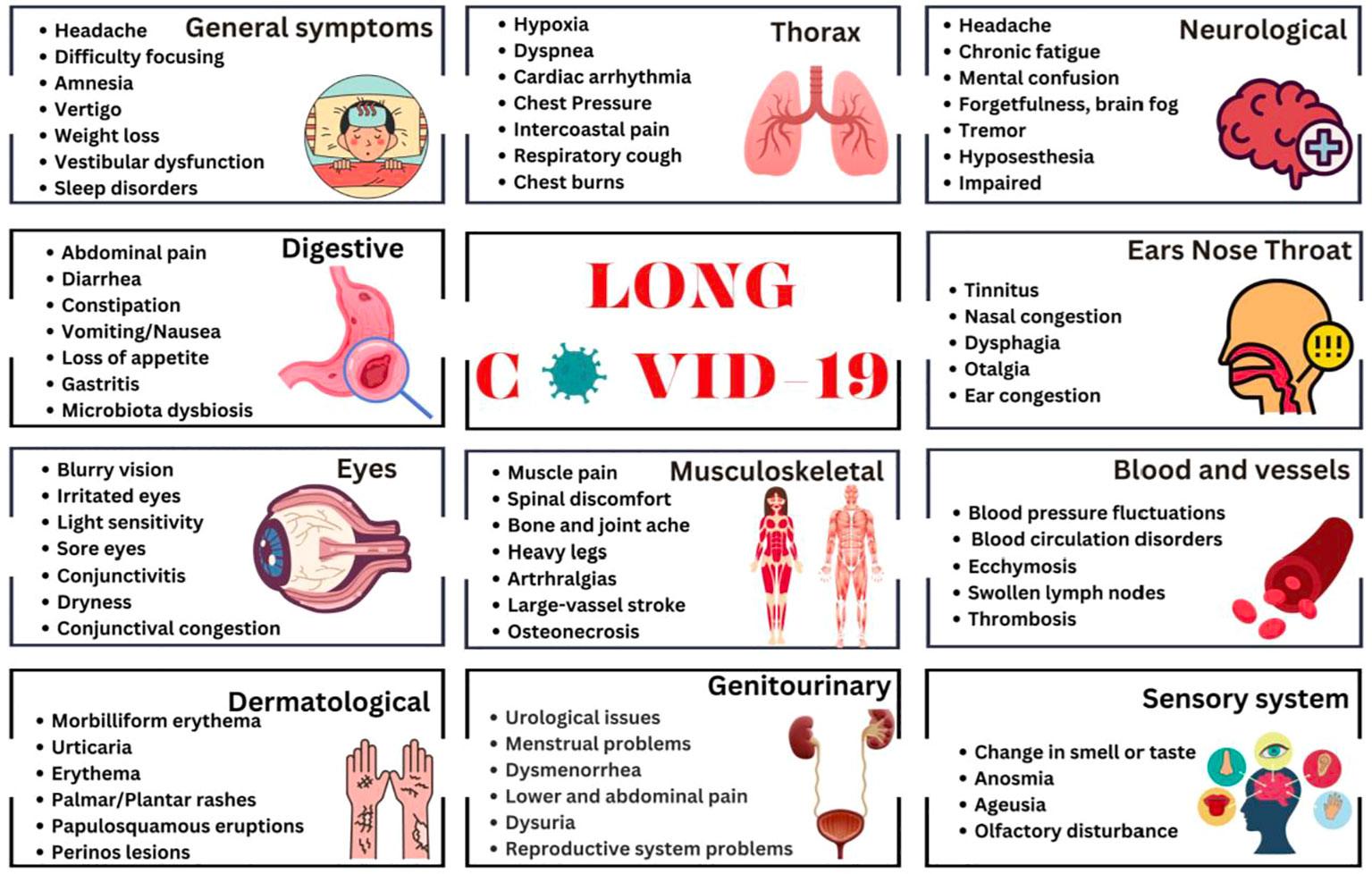Comprehensive Overview of Covid Symptoms

Introduction
The Covid-19 pandemic has reshaped our world, drawing attention to the importance of understanding its symptoms. As new variants emerge, staying informed about Covid symptoms remains critical for public health and personal safety. Identifying symptoms early can lead to prompt testing, isolation, and treatment, which is essential in halting the virus’s spread.
Main Symptoms of Covid-19
Covid-19 presents a wide range of symptoms, which can vary significantly from person to person. The most commonly reported symptoms include:
- Fever or chills
- Cough
- Shortness of breath or difficulty breathing
- Fatigue
- Aches or pains
- Loss of taste or smell
- Sore throat
According to the World Health Organization (WHO) and the Centers for Disease Control and Prevention (CDC), other less common symptoms may include skin rashes, gastro-intestinal symptoms such as nausea or diarrhoea, and neurological symptoms like confusion or difficulty concentrating.
Emerging Variants and Changes in Symptoms
With the emergence of variants such as Delta and Omicron, experts have noted changes in symptom patterns. Preliminary studies indicate that some variants may present with milder symptoms, while the potential for serious illness still exists, especially in unvaccinated populations or those with underlying health conditions.
Recommendations for the Public
Health authorities recommend individuals monitor their health closely, especially after exposure to confirmed Covid cases. If symptoms develop, people are urged to undertake testing and self-isolate until results are known. Vaccination remains the most effective measure against severe illness and death due to Covid-19.
Conclusion
Understanding Covid symptoms is vital for navigating the ongoing pandemic. Vigilance in recognising symptoms and adherence to public health guidelines can significantly contribute to controlling outbreaks. As the virus continues to evolve, public health messages will be updated to align with the emerging evidence. Awareness and education about Covid symptoms will play an integral role in safeguarding communities and managing future risk.
